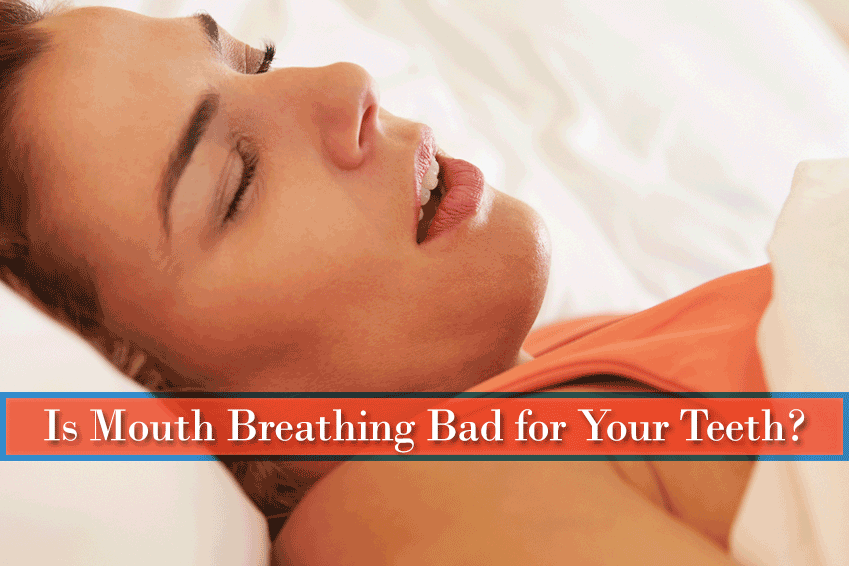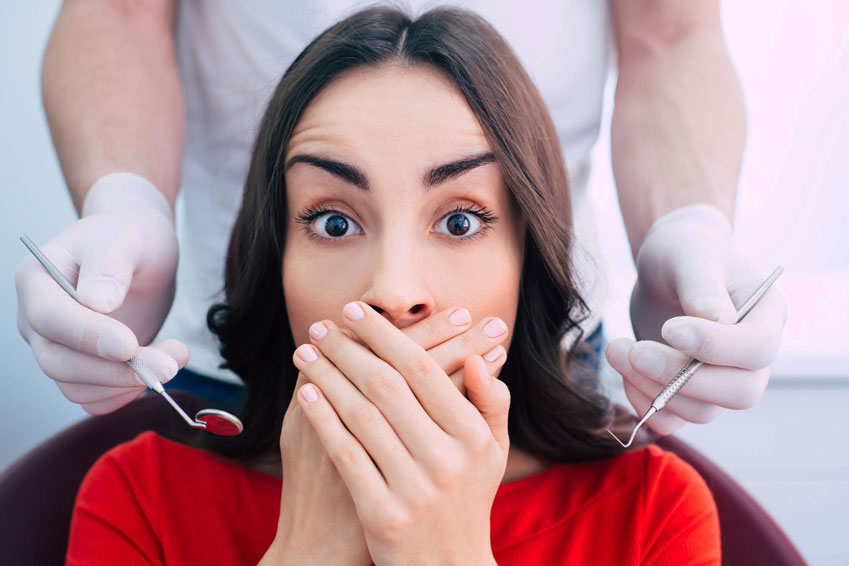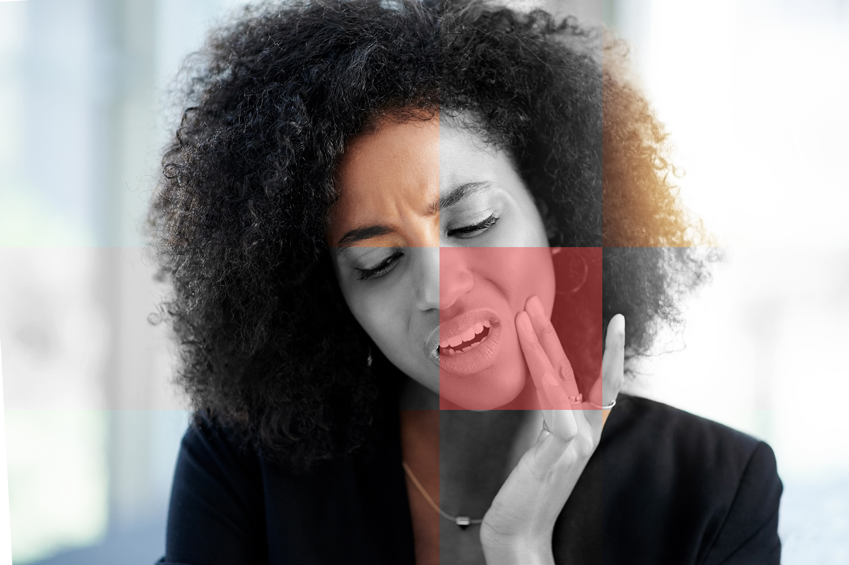An article in Medical News Today by Catharine Paddock PhD featured a new study indicating the elevated incidence of dental erosion and decay in mouth breathers.
A study by researchers from University of Otago, Dunedin, New Zealand, published in the Journal of Oral Rehabilitation made this illuminating discovery.
Groups of subjects “forced” to breathe, or not breathe, through the mouth were studied. Acidity levels of saliva in the mouth were measured. The researchers discovered that, at certain times during the night, acidity levels for mouth breathers went beyond the threshold for erosion of tooth enamel to occur.
Researchers saw that dentists have been reporting more patients with “dry mouth”, especially during sleep or upon awakening. Dry mouth is associated with mouth breathing.
Mouth breathing during sleep can cause saliva to evaporate, a defense mechanism for preventing the mouth from becoming too acidic. Acidity in the mouth can lead to enamel loss through erosion (from acid without the influence of bacteria) and tooth decay, or caries (the effect of bacteria breaking down foods to produce acid).
Researchers compared pH and temperature levels in the mouths of 10 healthy subjects. Each slept with, then without, a nose clip that forced them to breathe through the mouth.
Volunteers were given a device that measures pH and temperature of the “palatal aspect of the upper central incisors”, which they wore for two sets of 48 hours.
During the time subjects wore the clip, they experienced a drop in pH to a dangerous 3.6 – the threshold is 5.5 for when tooth enamel starts to break down.
Dr. Choi, the study’s head, concluded that, as the first study of its kind, mouth breathing has a definitive effect on acidity levels, and the probable result of advancing tooth decay.
Mouth breathing seems innocent enough, but it should be taken seriously. If you notice that you or someone close to you is breathing through the mouth at night, it is advisable to seek a professional evaluation.
















